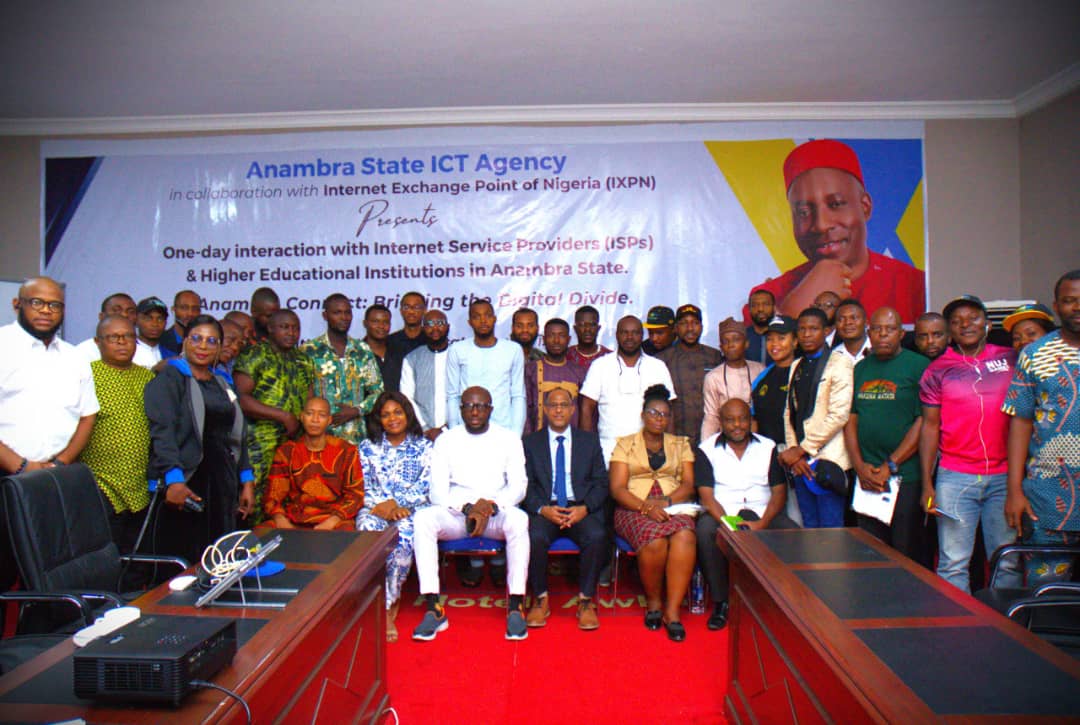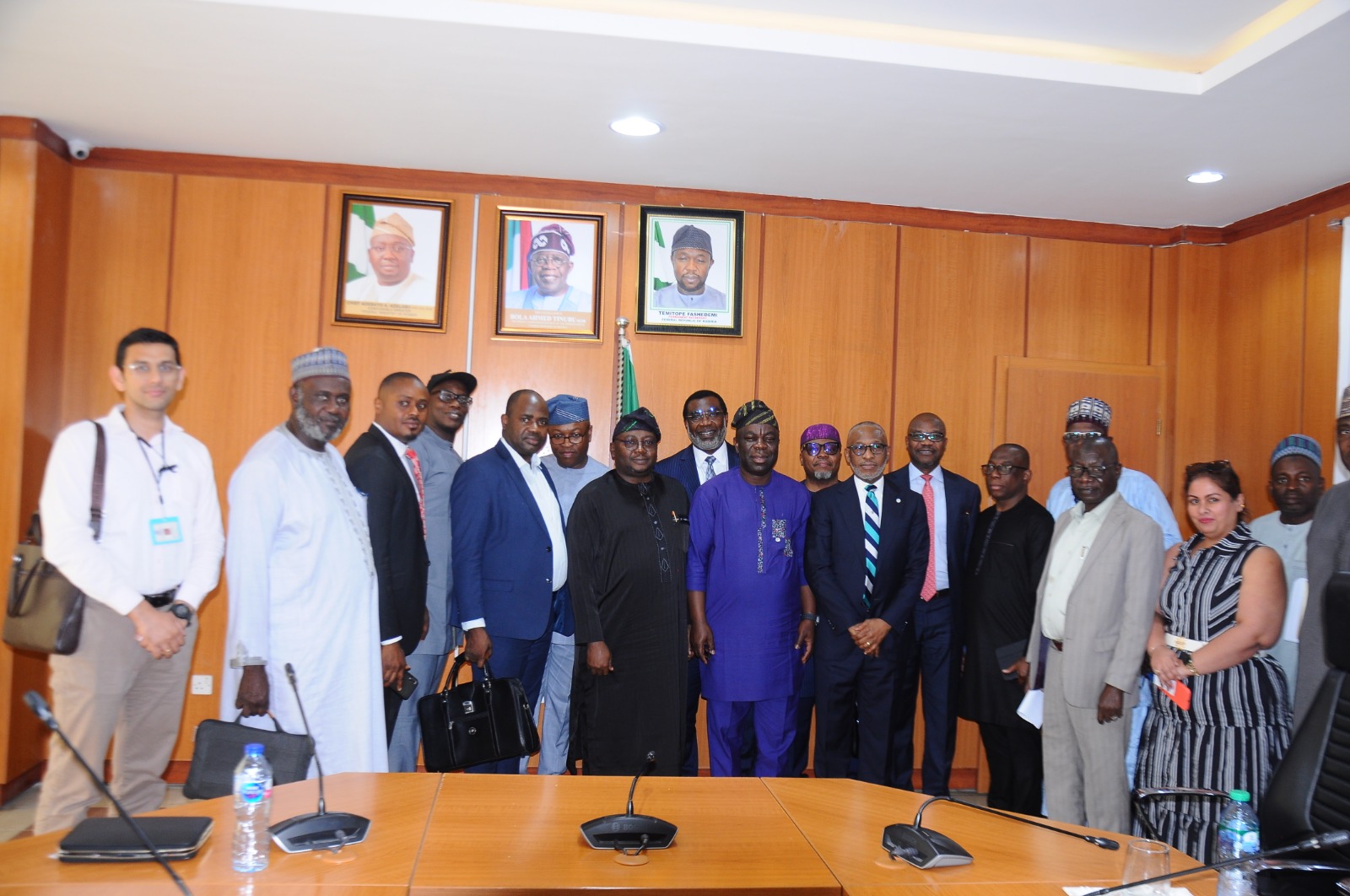Category: Business
-
Etsy Reportedly Running Massive Pedophile Ring With ‘Pizzagate’ Code Words
Investigators have uncovered evidence of a massive pedophile ring operating in plain sight on Etsy – the online marketplace. According to evidence unearthed by researchers,… Read More
-
IPMAN Calabar Depot Elects Robert Obi As Chairman
…put an end to 8 years of leadership tussle …promises to reconcile everyone, run a transparent administration By Frank Ulom The Independent Petroleum Marketers Association… Read More
-
IXPN CEO in Anambra partners local ISP to provide cheaper internet services
By Ovat Abeng The Managing Director and Chief Executive Officer of Internet Exchange Point of Nigeria (IXPN), Mr Muhammed Rudman has pledged to partner local… Read More

-
Benefits of Mobile Apps in Modern Forex Trading
By Ben Nsemo In the fast-paced world of Forex trading, staying updated on market trends is crucial for success. Traditional means of trading often limit… Read More
-
Social innovation identifies concept to achieve safe goal, accessible healthcare
By Ovat Abeng National crowdsourcing innovation is set to open on 21st November, 2023 with a focus on social innovations which educate and empower women… Read More

-
2023 Q3: GTCO Plc Reports ₦433.2bn Profit Before Tax
…Releases Unaudited Results Guaranty Trust Holding Company Plc (“GTCO” or the “Group”) has released its Unaudited Consolidated and Separate Financial Statements for the period ended… Read More
-
Local Meter Manufacturers Withdraw Court Case Against Federal Gov’t
The Association of Meter Manufacturers of Nigeria (AMMON) has formally withdrawn a court case it instituted to stop the procurement process for phase two of… Read More

-
Joby Aviation delivers first electric air taxi to U.S. Air Force
Joby Aviation, a California-based startup company, announced on Monday that it had delivered its first electric air taxi to the U.S. Air Force, becoming the… Read More
-
Blame, Government not Capitalism for Consumerism
In a free market, the high price of a product is generally a function of supply and demand dynamics rather than the result of a… Read More

-
ICT: We need African solutions for African problems – Silicon Valley Experts
By Christian Njoku Mr Christian Idiodi, a Cross River-born Partner of the Silicon Valley Product Group (SVPG) has disclosed that Africa needs African solutions to… Read More
